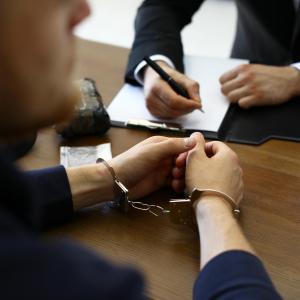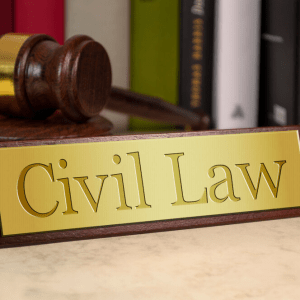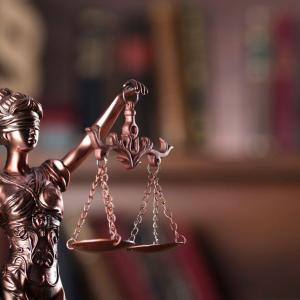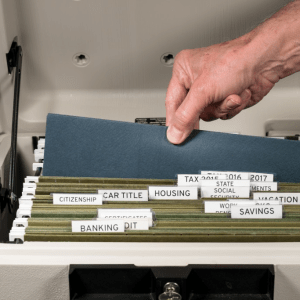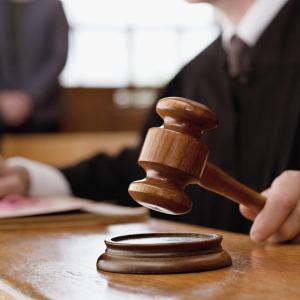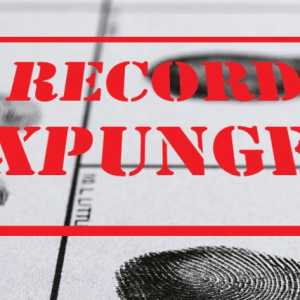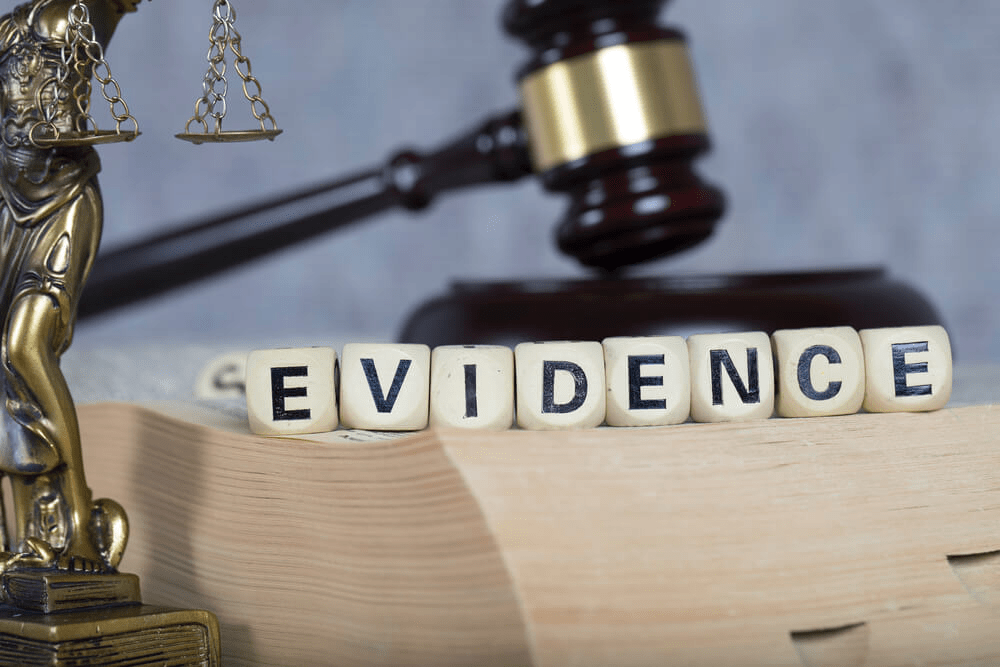
In the intricate realm of legal proceedings, the potency of a case often hinges on the quality of evidence presented. Effective evidence collection is not merely a procedural formality; it is the bedrock upon which the pursuit of justice stands. In this exploration, we delve into the art and science of gathering compelling evidence for legal issues.
The Essence of Effective Evidence
The process of effective evidence collection is akin to the gathering of pieces in a complex jigsaw puzzle. Each piece, meticulously collected and preserved, contributes to the overall picture of the case. It is a process that demands precision, diligence, and a keen eye for detail.
The Strategic Approach
Before embarking on the journey of evidence collection, legal professionals must adopt a strategic approach. This involves a thorough understanding of the case, its legal nuances, and the specific type of evidence required. A well-devised strategy ensures that efforts are focused and resources are maximized.
The Pervasive Role of Documentation
Documentation forms the cornerstone of effective evidence collection. Whether it’s photographs of a crime scene, written statements from witnesses, or financial records, meticulous documentation creates a clear and unassailable trail of evidence. It is the backbone of any legal case.
The Power of Witness Statements
Witness statements are invaluable in legal proceedings. Effective evidence collection involves conducting interviews with witnesses to extract relevant information. Witnesses may hold the key to unraveling the truth and can provide firsthand accounts that strengthen the case.
The Importance of Chain of Custody
Maintaining the chain of custody is a critical aspect of effective evidence collection. This process ensures that the evidence remains secure and uncontaminated from the moment it is collected to its presentation in court. Any break in the chain can cast doubts on the integrity of the evidence.
The Expertise of Forensic Analysis
In complex cases, the expertise of forensic analysts is indispensable. Forensic analysis involves the scientific examination of physical evidence such as DNA, fingerprints, and ballistics. These experts can uncover hidden details and provide irrefutable evidence.
The Digital Frontier
In the digital age, evidence collection has extended to the virtual realm. Digital evidence, including emails, social media posts, and electronic records, can be crucial in legal cases. The preservation and analysis of digital evidence require specialized skills and tools.
The Role of Surveillance
Surveillance is a powerful tool in effective evidence collection, particularly in cases of suspected wrongdoing. Surveillance footage, audio recordings, and tracking data can provide concrete evidence of activities and behaviors.
The Ethical Imperative
Ethical considerations must underpin every facet of evidence collection. Legal professionals are bound by ethical guidelines that govern their conduct in obtaining evidence. Any unethical or unlawful practices can jeopardize the admissibility of evidence in court.
Effective evidence collection is not a one-time endeavor. It is an ongoing process that evolves as the case unfolds. New evidence may emerge, requiring adaptation and adjustment to the overall legal strategy.
Conclusion
In the grand theater of justice, effective evidence collection is the masterstroke that shapes the narrative of legal proceedings. It is the compass that guides legal professionals through the labyrinth of complexities, the beacon that illuminates the path to truth. As we contemplate the art and science of evidence collection, we must recognize its profound significance in upholding the principles of justice. It is a testament to our commitment to ensuring that the rule of law prevails, that the innocent are protected, and that the guilty are held accountable. In this pursuit, the art of effective evidence collection stands as a formidable pillar upon which the edifice of justice is constructed.


